Top 7 Barbados Culture, Customs and Etiquette
The cultures of West Africa and Great Britain have influenced Barbados' culture. The official language of the country is English, which reflects centuries of ... read more...British influence, but the Bajan dialect used to speak it is a distinctive aspect of Barbadian culture. This dialect is a synthesis of the several tongues used by its historical population. The following article summarizes a list of some Barbados Culture, Customs, and Etiquette.
-
Bajans typically dress conservatively when they aren't on the beach, despite, or perhaps precisely because of, the tropical environment. In the town and most definitely in church, a bikini will not be tolerated. Saying "Good morning" to people, even strangers, goes a long way to earning their respect because Bajans are extremely sensitive to politeness. Try to avoid talking about politics or ethnic issues when you meet a Bajan. Additionally, talking is crucial because Barbadians speak quickly when speaking Creole (or Bajan, as it is called). It is one of the lists of Barbados culture, customs, and etiquette.
The word "N" is not to be used, but while speaking to pals, terms like "B" and "dawg" are sometimes used to refer to or characterize friends. These phrases should first only be employed when a person is a close friend of yours. The majority of Bajans are fun-loving and enjoy going out and having a good time, as seen by the numerous young people frequenting the island's clubs and Southern Coast. Try to avoid staring at people pointlessly. In the event that you bump into someone in a club, you should apologize right away.
Keep in mind that Bajans are fiercely protective of their families, and they take insults to someone's family extremely seriously. This extends to how they feel about topics like homosexuality; despite the fact that most Bajans do not support the practice, your rights are nevertheless recognized.
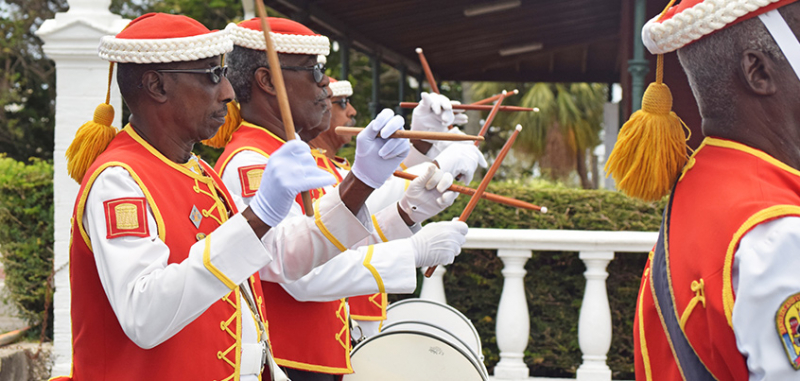
zenbreak.com 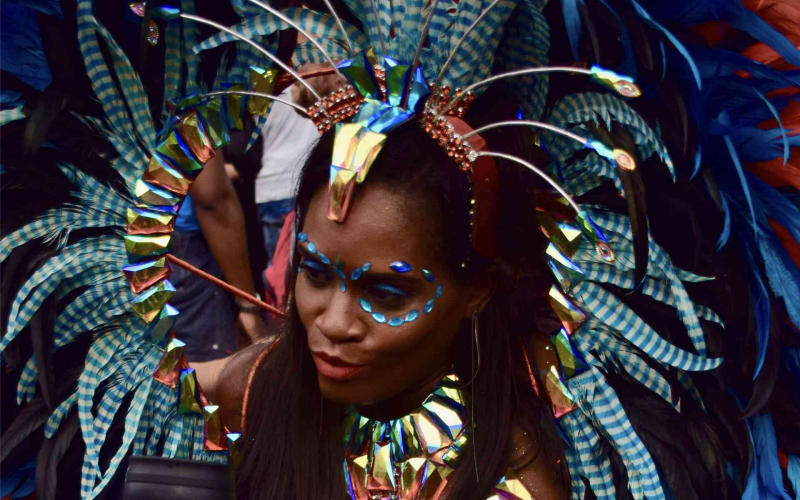
zenbreak.com -
The last tip for proper behavior in Barbados is unassuming yet crucial. You could notice a gratuity that has already been added in some eateries. You can tip more if you feel it was merited, whether or not this gratuity is offered. Since many places divide these tips, be quick and stealthy if you want to tip just one server. Barbados is a fantastic island to visit for an extended period of time. Being there all year long gives you the chance to take part in every festival and learn about every aspect of the local culture while also honing your island manners. You can choose from a variety of luxury rentals in Barbados, which are proudly provided by our team at Terra Luxury. That is one of the lists of Barbados culture, customs, and etiquette.
Barbados is well recognized for its relaxed populace. It's crucial for visitors to preserve the informal environment. Politics discussion, insulting others, and stranger spotting are all regarded as unfriendly. Always deescalate first and be courteous to others as they go about their daily lives. Although apologies go a long way on the island, locals are used to strangers and are understanding of mistakes.
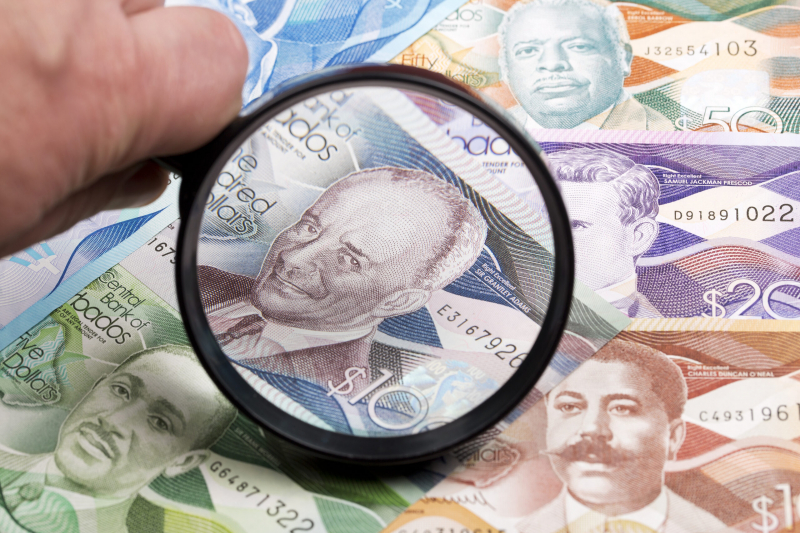
aroundthecaribbean.com 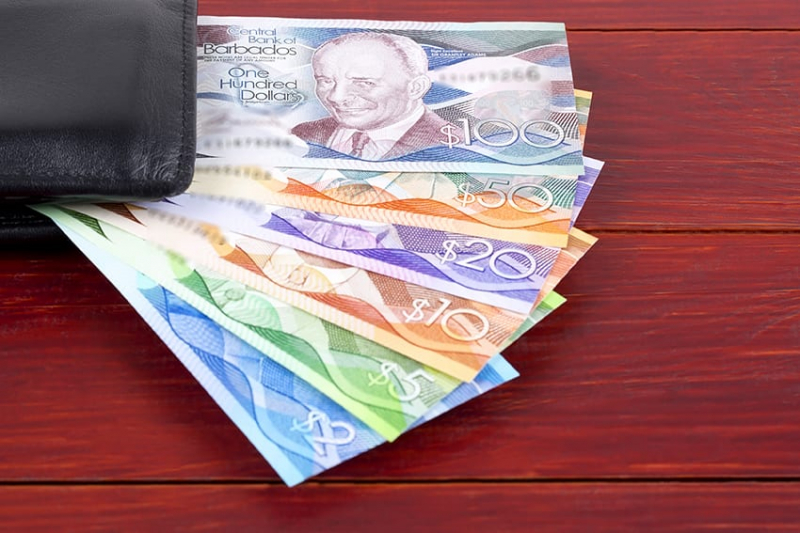
aroundthecaribbean.com -
The island of Barbados has adopted English as its official language, and the language is utilized for all administrative and public functions. The standard of English in the nation tends to follow the vocabulary, pronunciations, spellings, and conventions that are similar to, but not quite identical to, those of British English. This is because English is the official language of the nation. It is utilized in the print and broadcast media, the legal system, the government, and regular business.
Most Barbadians speak a distinct version of English known as Bajan in everyday situations, particularly in casual settings, in music, or in social commentary. Bajan sounds very different from the Standard English spoken on the island when it is fully developed. The extent of creolize vocabulary and idioms determines how understandable Bajan and general English are. An English-speaker from another nation can find a Bajan speaker entirely incomprehensible. The English spoken in other Caribbean countries has influenced Bajans.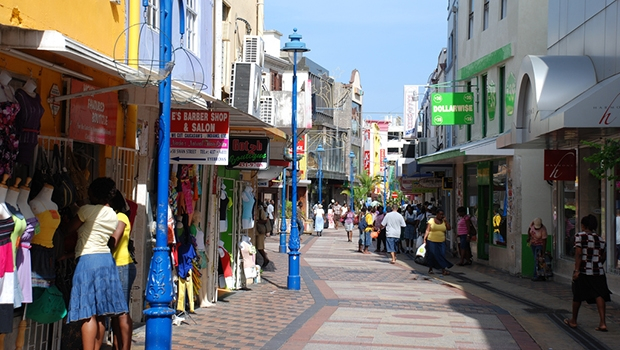
familysearch.org 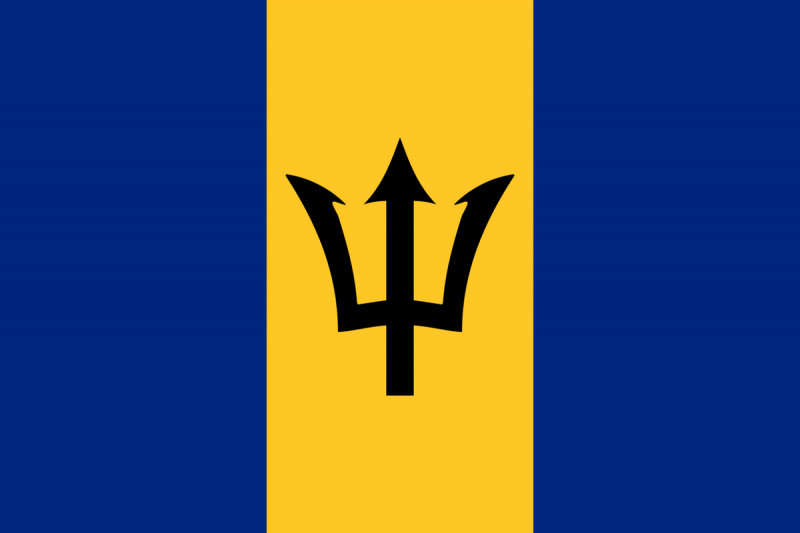
familysearch.org -
Barbadians place a lot of value on religion, which also influences how they dress. There are several different Christian denominations represented on the island, including Methodists, Anglicans, Catholics, and Jehovah's Witnesses. The Apostolic Spiritual Baptists, a particular denomination, are well-known for their vibrant turbans and robes, which are worn by both men and women of all ages. Each hue represents a different aspect of the wearer.
The autonomous country of Barbados, which is a part of the British Commonwealth, lacks a "traditional dress." The British Empire established it in 1625, and soon afterward they began sending slaves from Africa to operate the sugar cane plantations. Barbados' culture, especially its art, is heavily influenced by the African ancestry of its people. However, they dress in contemporary, western-style attire.
Barbadians are renowned for their creative, vibrant costumes, which they create to wear to festivals and holiday events. They observe all significant Christian holidays, as well as May Day, New Year's Day, and other occasions connected to Barbados' independence and growth. The largest event on the island is the Crop Over festival, which takes place every year between July and August. A significant contest and band judging round out this festival. T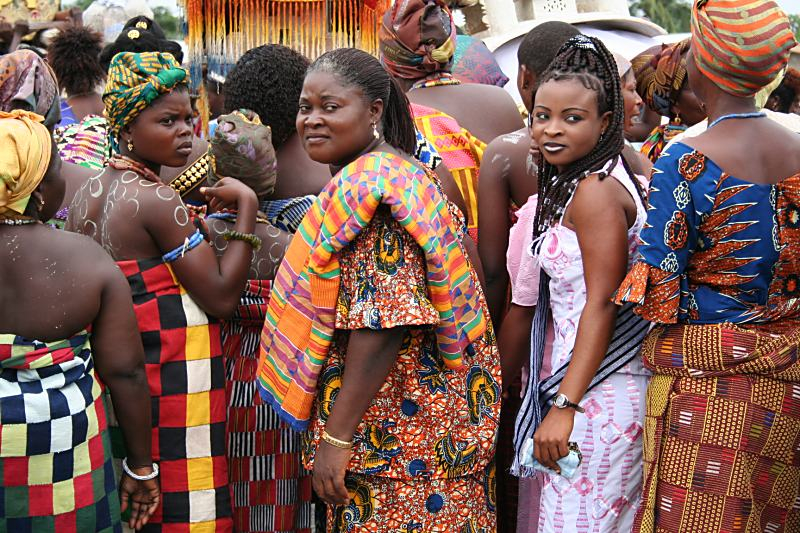
barbadosadvocate.com 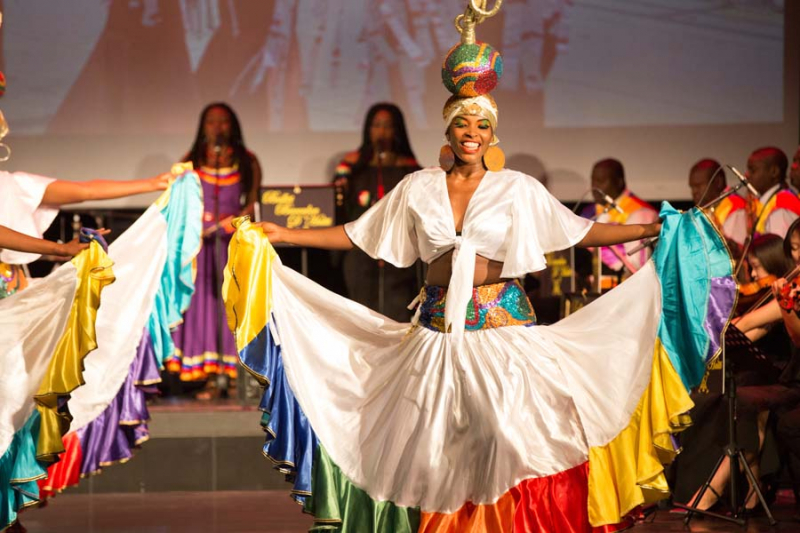
barbadosadvocate.com -
Barbados is not just a place of sun and sea, but it is also the site of several festivals and festivities of different cultures. It is one of the lists of Barbados culture, customs, and etiquette. Why not take some time to have fun and explore what Barbados has to offer when you make travel plans to this lovely island? During your visit, be sure to look into any festivals that may be going on. You wouldn't want to miss the chance to see this island's diverse culture and learn more about its fascinating customs.
- Barbados Horticultural Society's Annual Show: A refuge for nature enthusiasts, this yearly exhibition of the most exquisite and unusual flora that Barbados and the other Caribbean islands have to offer takes place at Balls Plantation in the parish of Christ Church. The Society makes use of this venue to display its multi-award winning horticulture and floral design skills.
- Holetown Festival: The first documented colony in Barbados was called Holetown, and it was founded on the West Coast in 1627 by British sailors. Every year in February, the Holetown Festival, a week-long festival, is held to remember this momentous occasion. The parades, dancers, live music, arts and crafts stalls, and of course the delectable Bajan cuisine are all highlights of this celebration. Be sure to take part in this vibrant and enjoyable event if you are in Barbados at this time.
- National Independence Festival of the Creative Arts (NIFCA): This event, also known as NIFCA, was introduced for the first time as part of the island's Independence Day celebrations in 1973. NIFCA is an exhibition of Bajan artistic talent that takes place during the month of November and includes dance, drama/speech, music, literary arts, culinary arts, visual arts & crafts, and photography. Following the spellbinding exhibits and performances, the festival comes to a close with a banquet where the winners are announced.
- Barbados Food, Wine & Rum Festival Barbados Food Wine Rum: This festival, which takes place throughout several intriguing locations in Barbados for one weekend in November, draws not just the top local chefs and mixologists but also other industry professionals from all over the world. This celebration, which debuted in 2010, currently draws more than 10,000 residents and tourists. Visitors get the chance to let their taste buds wander as they try delectable foods, excellent wines, and amazing rum.
- Barbados Independence Day: Here in Barbados, November 30th is observed as Independence Day every year. Ever since Barbados won its independence from Britain in 1966, this day has been honored. Throughout the whole month of November, the nation commemorates this momentous milestone with sporting events, street fairs, cultural activities, and religious services.
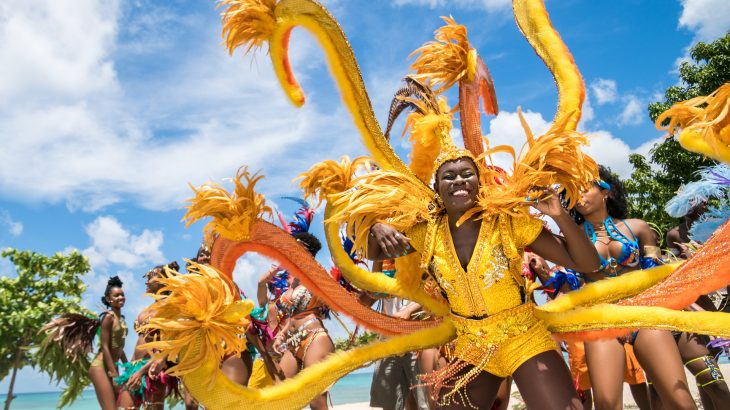
visitbarbados.org 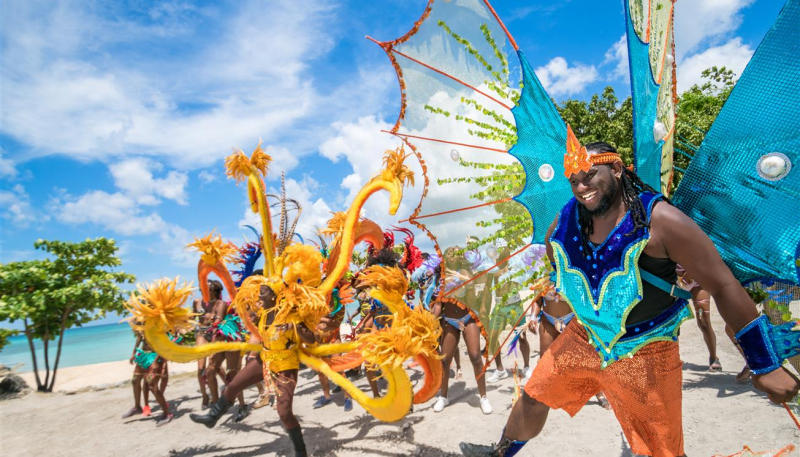
visitbarbados.org -
A significant component of the culture of the nation is music. In addition to having a thriving jazz scene, modern Barbados has produced well-known musicians in the calypso and local spouge music genres. Tuk, soca, and reggae are well-liked. The five-week Crop Over festival, whose events start in late May and run throughout the summer, is the main source of the vast majority of modern Bajan calypso and soca music. The festival's events culminate in the Grand Kadooment (also known as Kadooment Day), a national holiday in Barbados, in the first week of August. Barbados holds the Barbados Jazz Festival each January. Barbados holds its annual Barbados Holetown Festival in the middle of February to commemorate the arrival of the first English immigrants.
Barbados is where singer Rihanna was born and raised. Her debut album, Music of the Sun, has a blend of Barbadian rhythms and American urban-pop songs, just as her second album, Loud, contains a blend of Ragga/Ska rhythms, along with Pop music, R&B/Hip Hop, and other genres. The designation of Robyn "Rihanna" Fenty as Barbados' tourism ambassador also gave her access to the island's political scene from 2011 to 2014.
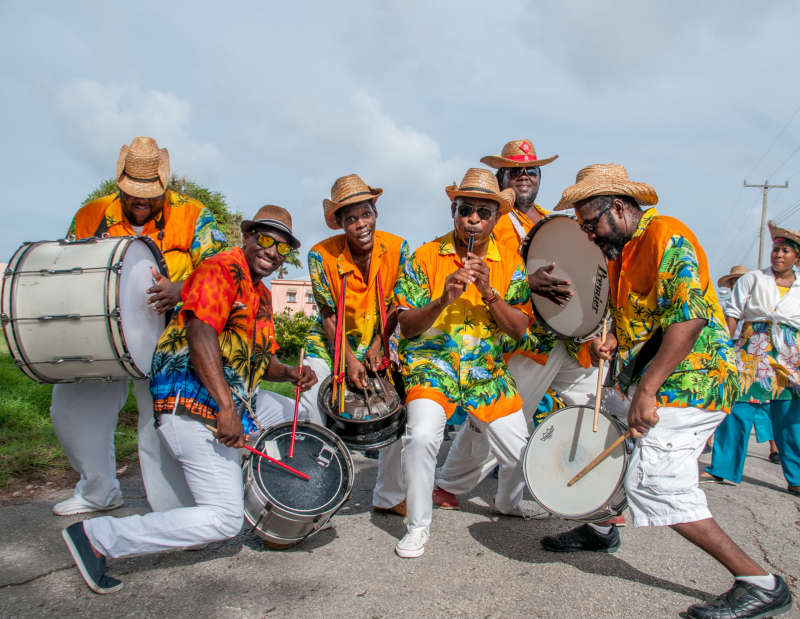
ncf.bb 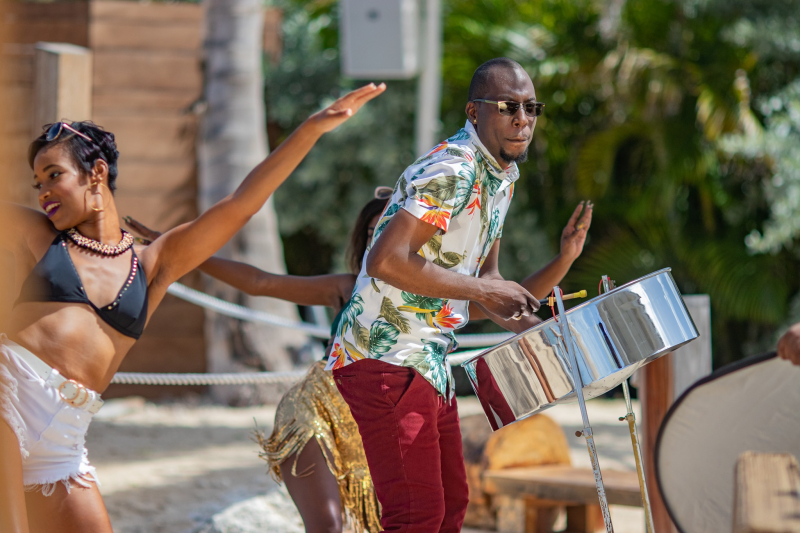
ncf.bb -
The Christian religion predominates in Barbados. The legal right to exercise one's religion is protected and largely upheld; nonetheless, some minorities of certain religions have complained that some government policies conflict with their practices.
Life on the island is heavily influenced by religion. Up to 95% of the population describes themselves as "Christian" (whether they practice it or not), and because of their long-standing ties to Britain, Anglicans make up the majority of the population. That is one of the lists of Barbados culture, customs, and etiquette. However, congregations are also supported by the Roman Catholic, Baptist, Methodist, and other Christian religions. The Gospelfest, an annual celebration, is a time when the Christian community honors its firmly ingrained beliefs. Smaller Muslim, Hindu, and Jewish communities increase the diversity of religions. There is a population of Rastafarian believers as well, and they occasionally voice their complaints about discrimination in the workplace and in education.
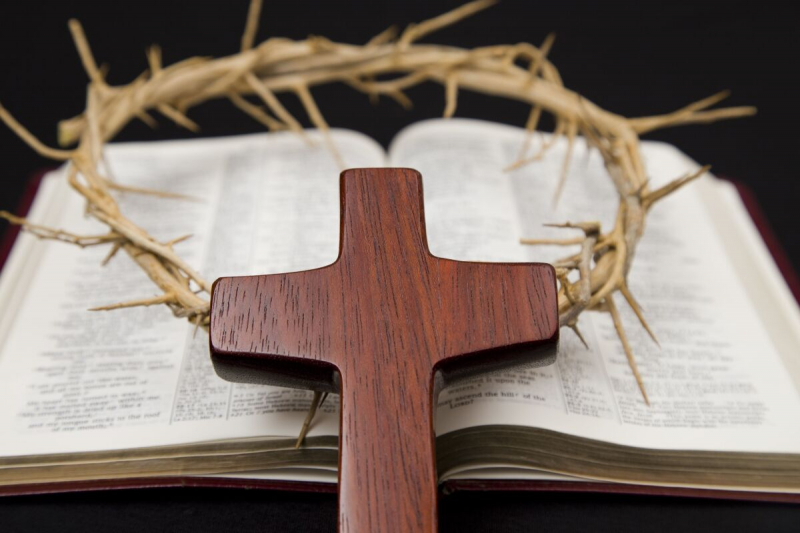
flickr.com 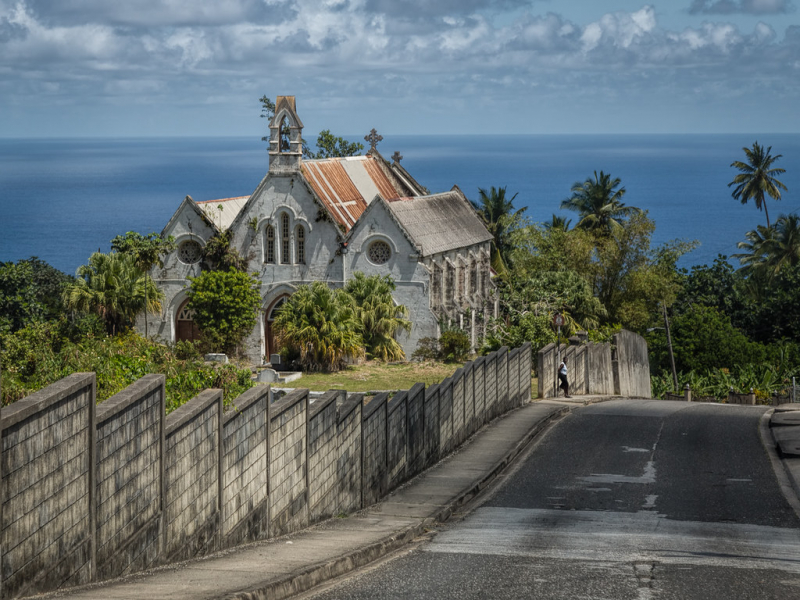
flickr.com




























